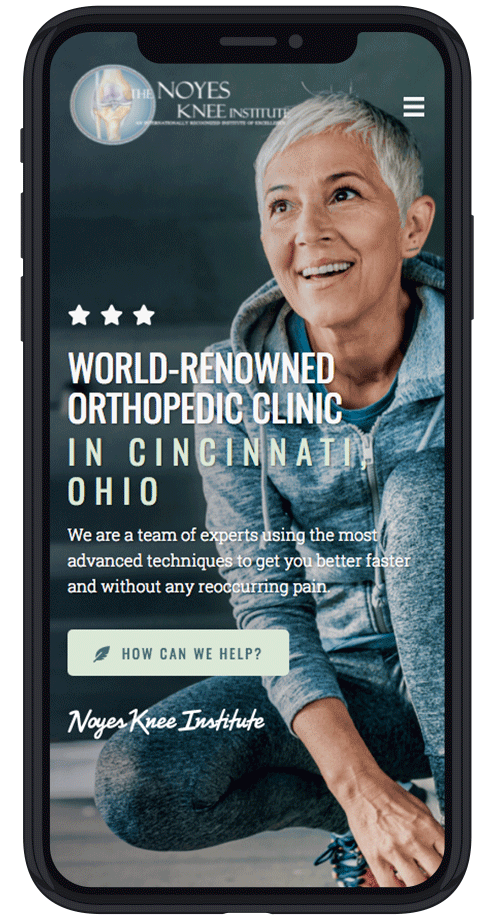Published On
Category

If you’re a relatively healthy woman in your 40s, you might not expect to experience any problems with your knees. But if your knees hurt every time you exercise, you may wonder why and if there’s anything you can do to keep it from happening.
Learn below how to manage your pain before and after you exercise, as well as what to do if your pain doesn’t go away.
Relax Your Mind and Body
If you’re under a lot of stress from work or raising a family, it’s important to relax your mind and body before you exercise. Performing a move incorrectly or using the wrong body positions can injure your knees. Even exercising when you’re tired can create problems for you.
If you’re in the beginning stages of menopause or going through this change, you can experience some deterioration and pain in joints like your knees from a reduction in estrogen. These joints can take a lot of stress when you jog, perform aerobics, or play sports. The high impact associated with these activities may aggravate your joints until they swell or stiffen up.
You can do several things to relax before you exercise, including taking a warm bath, drinking decaffeinated white tea, or reading a good book. Take a short walk around the block and enjoy the scenery. Sometimes, walking can be just as beneficial to your health as aerobics, biking, or weight training.
Yoga is another option you can choose to unwind. Yoga not only clears your mind but it can also create harmony and balance in your body’s tissues, including your knees. It’s important to perform yoga moves that keep your body properly aligned to avoid injuries in your knees. If possible, take a beginner’s class to help you get started.
Get the Right Nutrients in Your Diet
Your diet can help prevent knee pain before and after you exercise if you get the right nutrients. Your knee joints and your bones rely on vitamin D and calcium to stay strong. Magnesium and vitamin A are good nutrients to obtain as well. Magnesium helps calcium absorb into your body, and vitamin A is an antioxidant that fights inflammation.
You can obtain most of your vitamin D, calcium, and vitamin A from fruits, vegetables, and dairy foods, such as kale, carrots, and nuts. Some types of fish contain magnesium and omega-3 fatty acids, which can potentially decrease joint inflammation and pain. Tuna, mackerel, and halibut are excellent choices for you.
Try to keep your sweets to a minimum, as they contain sugars, carbs, and fats that can inflame or aggravate your knee joints. If you simply can’t live without sweets, try dark chocolate, which contains magnesium, calcium, and vitamin D. However, consume your chocolate in moderation for the best results.
If you choose to take supplements, only consume the dosage listed on the container. Although supplements can help you increase vitamin and mineral intake, you want to take the right kind and dose. Taking too much of a vitamin or mineral can harm you instead of help you.
See a Knee Specialist as Needed
If none of the things mentioned above ease your knee discomfort or if your pain becomes worse, have your knees examined by the experts at the Noyes Knee Institute. Your knee pain may indicate something serious such as arthritis. Arthritis doesn’t improve without medical intervention, so seeing a doctor now is critical.
If you do have arthritis, a doctor may place you on anti-inflammatory medications to ease your pain. If the condition becomes worse, surgery to replace the joints may be possible. Your doctor will discuss this option with you in greater detail before he or she proceeds
To learn more about your painful knees and what you might do to treat them, contact the Noyes Knee Institute for an appointment.

